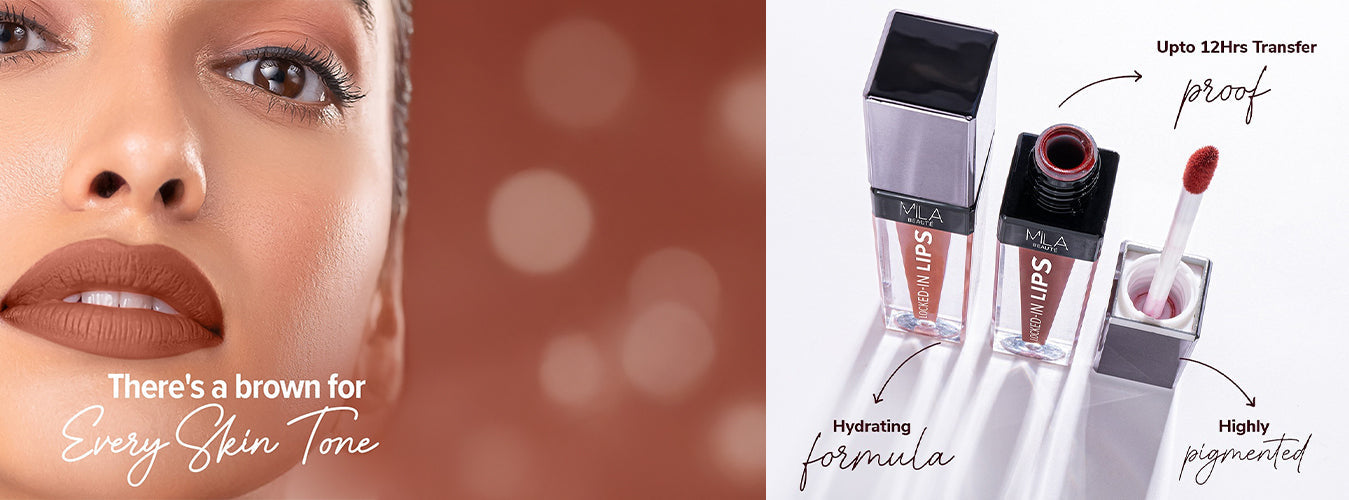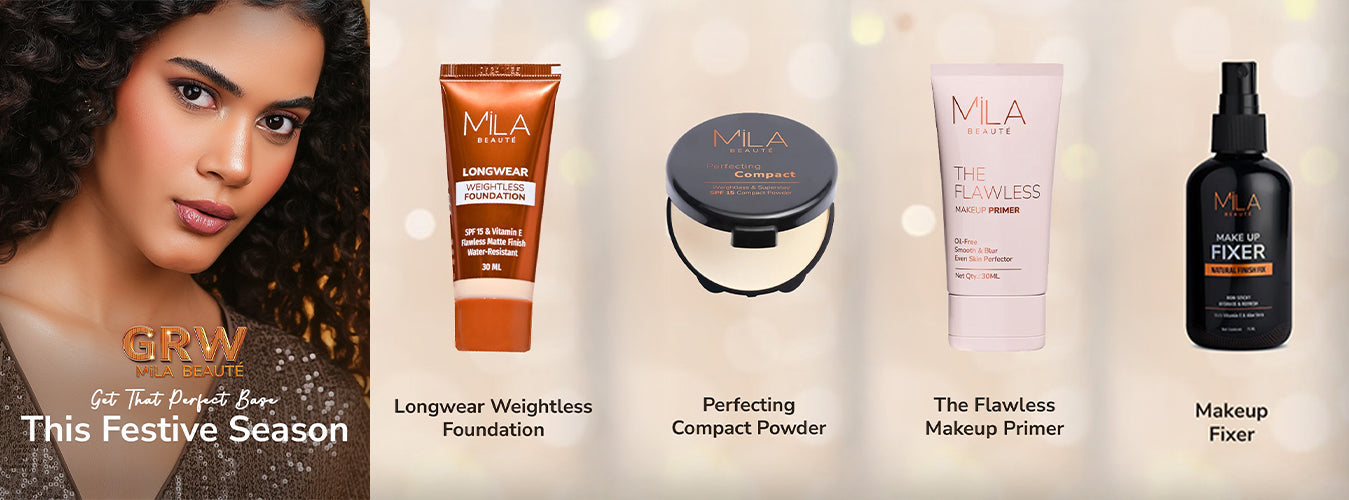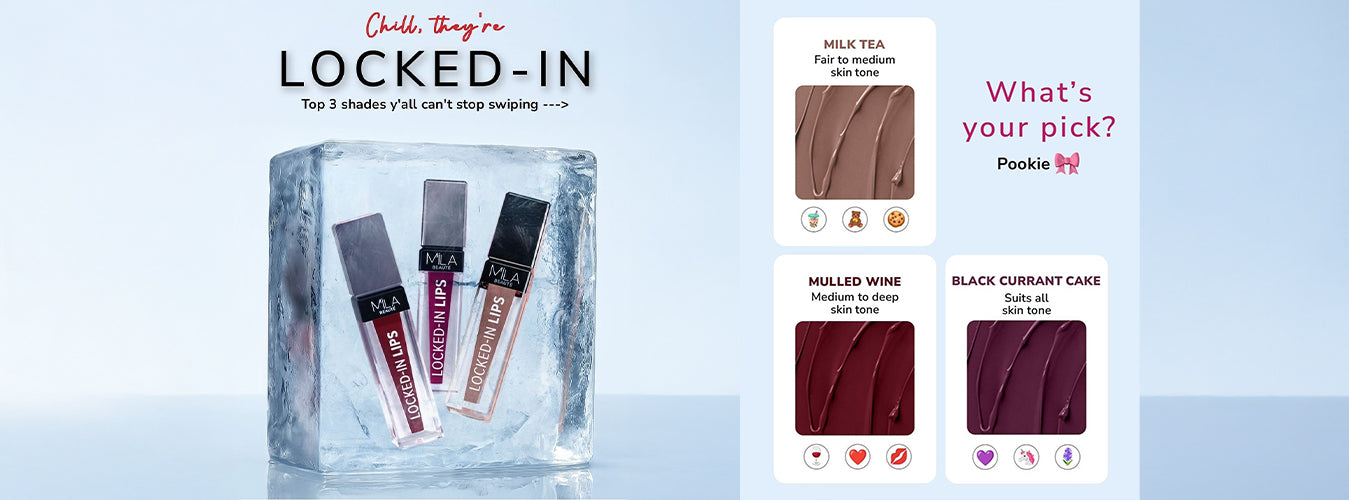
Why Your Lipstick Always Cracks and How to Fix It
1. Dry Lips Are the Main Culprit
The surface of your lips is delicate and lacks oil glands, making it prone to dryness. Applying liquid lipstick on dry, chapped lips is almost guaranteed to result in cracking. These formulae tend to be less forgiving and can accentuate imperfections.
What can you do to fix it?
Before applying any kind of liquid lipstick, exfoliate your lips gently with a sugar scrub or a soft toothbrush. Follow up with a hydrating lip balm and let it sink in for a few minutes. This creates a smoother canvas for application.
2. Skipping Lip Prep
Many people underestimate the importance of prepping their lips. Just as you prep your face with moisturiser and primer, your lips need some love, too.
Solution:
Use a hydrating primer designed for lips or a lightweight balm before applying stick lipstick. This helps the product adhere better and prevents it from settling into fine lines.
3. Layering Too Much Product
It can be tempting to apply multiple layers to intensify color, but this often leads to cracking. When lipstick builds up too thickly, it loses flexibility and begins to flake as you talk, eat, or smile.
Solution:
Apply thin, even layers of matte lipstick or liquid lipstick. Blot between layers with a tissue to remove excess product and maintain a smooth finish.
4. Using the Wrong Formula for Your Lips
Not all lip formulas are created equal, and some are simply too drying for certain lips. For example, if you have very dry lips, a traditional matte lipstick might not be your best friend.
Solution:
Experiment with different formulae. Creamy matte lipstick or satin-finish options are often more comfortable and forgiving. If you love the look of a matte finish, try a hydrating liquid lipstick formula enriched with oils or butters.
5. Environmental Factors
Cold weather, dry air, and even sun exposure can sap moisture from your lips, making them more likely to crack under any lipstick.
Solution:
Protect your lips year-round with SPF lip balms. Stay hydrated by drinking plenty of water, especially in dry climates or during winter months. Well-hydrated lips make any lipstick, whether stick or liquid, look better and last longer.
6. Not Touching Up Properly
Even long-wear lipstick formulae sometimes need a refresh. Applying more product over an already cracked surface will only highlight the imperfections.
Solution:
Before touching up, gently remove the old layer with a makeup wipe or micellar water. Reapply your matte lipstick or liquid lipstick on a fresh, prepped base for a flawless look.
Conclusion
Cracking lipstick is a common problem, but with the right prep and technique, it’s easily preventable. Pay attention to your lip care routine, choose formulae that suit your needs, and remember: sometimes less is more. Whether you prefer the bold impact of liquid lipstick, the timeless elegance of matte lipstick, or the creamy comfort of stick lipstick, these simple tips can help you enjoy a smoother, longer-lasting lip look every time.

 Shop All
Shop All Bestsellers
Bestsellers About Us
About Us
